Postdoctoral Strategic Initiative
RESEARCH ENHANCEMENT
The MU Research Excellence Program (REP) enhances the university’s research mission by providing support to faculty with active grant funding to hire postdoctoral scholars to further research productivity and advance postdoctoral scholar careers.
The Research Excellence Program (REP) is coordinated by the Office of Postdoctoral Education housed within the Graduate School.
The REP program helps support the research mission by:
- Increasing research support, capacity, and productivity from existing high-performing faculty
- Providing specialized training and support to postdoctoral scholars to advance their careers and preparedness to apply for grants and early career awards
MU Faculty are competitively selected to be REP Faculty Scholars and participate in a call to hire REP Postdocs. The REP Faculty Scholar serves as the REP Postdoc’s research sponsor and mentor. REP Postdocs are provided with a competitive salary and professional development funds.
Professional development for REP postdocs includes grant writing training, personalized guidance in finding funding, and support in the process of submitting for NIH K99 and other early career awards. REP provides postdoctoral scholars with unique opportunities to prepare for a faculty career. The Office of Postdoctoral Education manages the hiring process for REP and helps coordinate ongoing professional development.
Are you interested in the REP program?
- REP Postdoctoral Scholarship: If you see “Now accepting applications!” under the name of a REP Faculty Scholar, the faculty scholar is collecting applications.
- REP Faculty Scholarship: Faculty are invited to apply to the Research Excellence Program (REP) which supports faculty with active grant funding to hire postdoctoral scholars. There are spring and fall application cycles. Applications are due by 5 PM (Central Time) on the first Monday of September and February each year. Applications are opened 30 days before the due dates and the information is shared with faculty members through regular channels. Please contact Dr. Valli Sarveswaran, Director of the Office of Postdoctoral Education, at postdoc@missouri.edu with any questions.
Only tenured Mizzou faculty members are eligible to apply for the REP Faculty Scholarships.
Meet our REP Faculty Scholars!

Carolyn Anderson, PhD
Carolyn Anderson, PhD
Profile
The Anderson lab performs the design, synthesis, and biological evaluation of novel radiometal-based radiopharmaceuticals for diagnostic imaging and targeted radiotherapy of cancer and other diseases. A current focus of her research lab is the development of imaging agents for up-regulated receptors on immune cells that are involved in inflammation related primary tumor growth and cancer metastasis, and sickle cell disease.
Molecular Imaging and Theranostics Center
MIZZOU Molecular Imaging and Theranostics Center
Twitter: @andersoncj44; @Mizzou_MITC
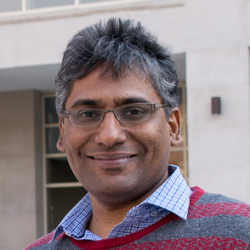
Prasad Calyam, PhD
Prasad Calyam, PhD
Profile
Prasad Calyam is the Greg L. Gilliom Professor of Cyber Security in the Department of Electrical Engineering and Computer Science, and Director of the Cyber Education, Research and Infrastructure Center (Mizzou CERI). His research group investigates methods to model, manage and secure cloud computing applications that have real-time resource allocation needs and require high-speed networks. His latest projects involve use of recommender systems equipped with intelligent agents to help decision makers of applications (e.g., in cyber defense, healthcare, bioinformatics and advanced manufacturing) to improve productivity and collaboration through automation, and ultimately by autonomous operation.
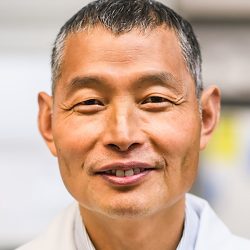
Shiyou Chen, DVM, PhD
Shiyou Chen, DVM, PhD
Profile
Dr. Chen has a broad research interest in vascular biology. He has been studying molecular mechanisms underlying the development of a number of vascular diseases including abdominal aortic aneurysm, atherosclerosis, hypertension, restenosis and vascular remodeling following vascular injury such as angioplasty, etc. His efforts have been largely directed to investigate vascular smooth muscle phenotypic modulation during artery wall remodeling in pathological conditions. Dr. Chen also studies vascular inflammation, endothelial dysfunction, and metabolic disorders including obesity and fatty liver diseases. His laboratory uses a variety of molecular and cellular technology as well as animal models and human biopsies to address fundamental questions in disease development.

Baolin Deng,PhD
Baolin Deng,PhD
Baolin Deng is a William Andrew Davidson Professor in the Department of Civil and Environmental Engineering and Co-director of the Missouri Water Center. He has been PI/co-PI for over three dozen research projects including the CAREER grant from the National Science Foundation and published over 130 peer-reviewed journal articles and book chapters. Deng is Associate Editor/Asian regional editor for the AEESP journal – Environmental Engineering Science. Previously he served on the EPA Science Advisory Board Drinking Water Committee and chaired the MU Department of Chemical Engineering from 2009-2015. Deng also conducted research in the US Air Force Research Laboratory as a National Research Council (NRC) Research Associate and at the New Mexico Tech as a faculty member. During the 2006/2007 academic year he was a visiting scholar at Stanford University’s Environmental Engineering program and Research Scientist at Army Engineer Research & Development Center, on a Development Leave to develop expertise on Environmental Sustainability. During his sabbatical/research leave from 2017-2018, he taught and conducted research as Chair Professor at the Southern University of Science & Technology, China.
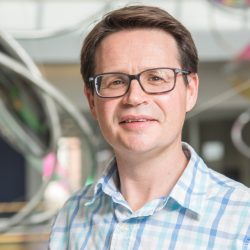
John Driver, PhD
John Driver, PhD
Profile
John Driver is an Associate Professor in the Division of Animal Sciences. His research is directed at using genetically edited pig models to study the development and maintenance of pulmonary immunity. He is particularly focused on understanding the role played by unconventional T cell types in establishing immune homeostasis in the respiratory tract as well as their contribution to host resistance against pathogens that are important for swine and human health.

Dongsheng Duan, PhD
Dongsheng Duan, PhD
Profile
Dongsheng Duan, Ph.D. is a Curators’ Distinguished Professor and Margaret Proctor Mulligan Professor in Medical Research at the University of Missouri, School of Medicine, Department of Molecular Microbiology and Immunology. Dr. Duan is a fellow of the National Academy of Inventors and a fellow of American Association for the Advancement of Science (AAAS). He has made many seminal contributions in the field of gene therapy, in particular, in the development of the adeno-associated virus vector and Duchenne muscular dystrophy gene therapy. He is the recipient of American Society of Gene Therapy Outstanding New Investigator Award in 2006. He also received Spurgeon Distinguished Medical Research Award in 2004, Chancellor’s Award for Outstanding Research and Creative Activity at the University of Missouri in 2009, Honorary Medical Alumni Award in 2017, and Excellence in Research Mentoring of Trainees Award in 2017. Mizzou 18 Honored Mentor in 2021. Dr. Duan has consistently been ranked in top 3 in the worldwide expert database in the field of Duchenne muscular dystrophy. He has published more than 185 research articles and edited/co-edited three muscle gene therapy books. His papers have been cited more than 12,529 times (H index: 59; i10 index: 150). He serves as an associate editor for Human Gene Therapy, Molecular Therapy, Frontiers in Physiology, and Frontiers in Genome Editing. He is also on the editorial board of Gene Therapy, and Current Biotechnology. Further, Dr. Duan has severed as a panel member in more than 76 NIH study sections and numerous study sections for other federal agencies and private foundations. He has also reviewed manuscripts for more than 102 scientific journals. For more detail, please check out the web links below.
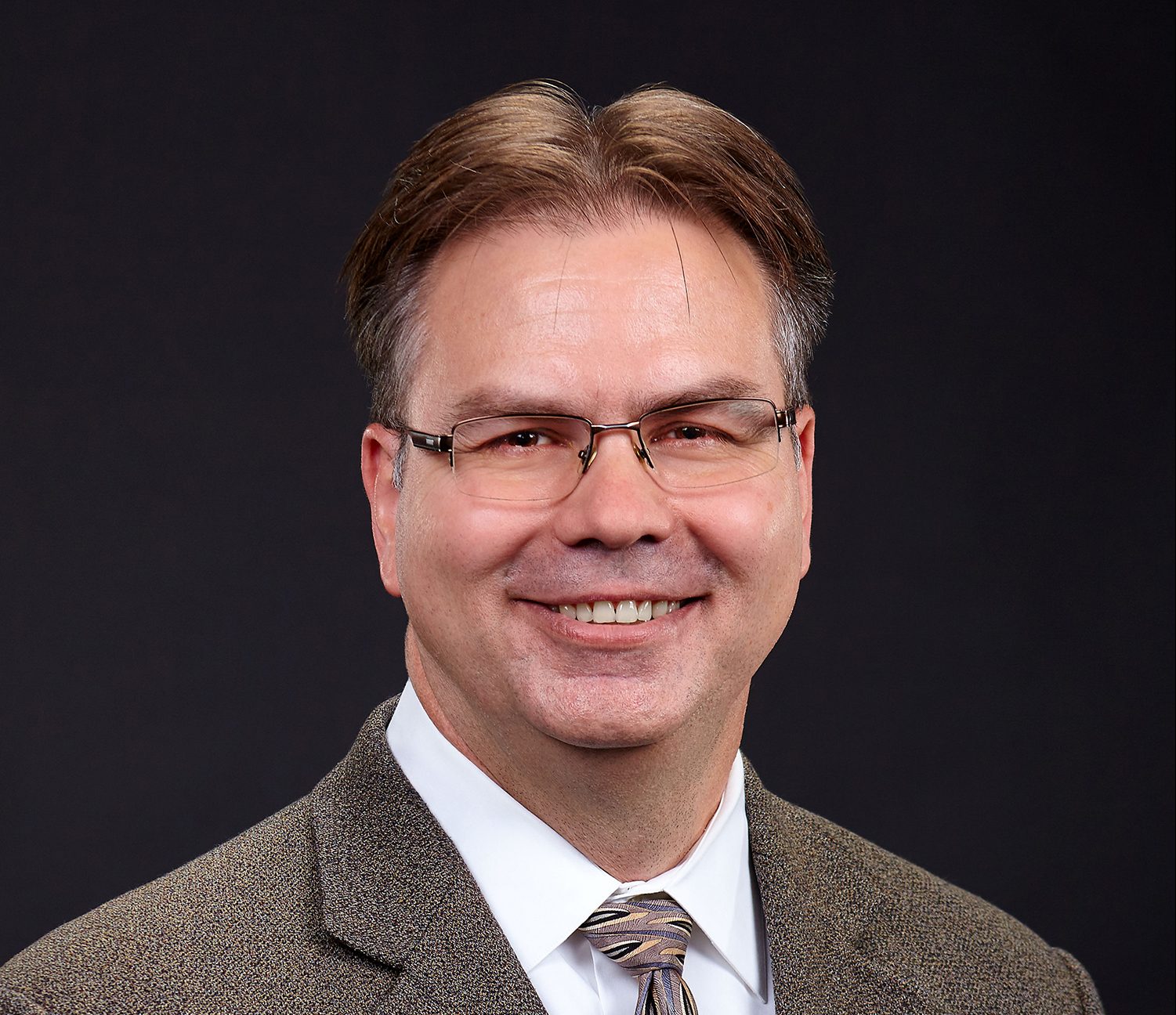
Felix Fritschi, PhD
Felix Fritschi, PhD
Felix Fritschi is a Professor in the Division of Plant Science and Technology. He has a long-standing interest in sustainable crop production and has an active research program aimed at enhancing crop resource use efficiency, particularly as related to production under drought and heat stress and nutrient limited conditions as well as the combination of these factors. Felix’s program leverages physiological and genetic studies to better understand plant responses to abiotic stress conditions and to reduce the impacts of changing environments on crop productivity. He is also engaged in the development of innovative tools and techniques to better exploit distinct physiological mechanisms in genetic improvement of abiotic stress tolerance.
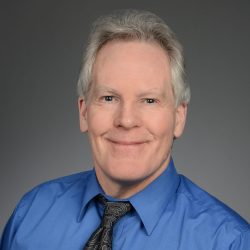
David Geary, PhD
David Geary, PhD
Profile
Dr. Geary is a Curators’ Distinguished Professor in the Department of Psychological Sciences and Interdisciplinary Neuroscience Program and Director of the MU Math Study (https://mumathstudy.missouri.edu/). We focus on the cognitive factors that contribute to mathematical learning from preschool through high school algebra. The current focus is on the cognitive mechanisms, such as spatial abilities, that support algebraic cognition and learning, and we are beginning a multi-systemic longitudinal study of preschoolers’ early quantitative development. The focus here is on knowledge and skills that support readiness for math learning at school entry and on the child-, home-, and classroom-centered factors that contribute to the acquisition of this knowledge.

Ashley Groh, PhD
Ashley Groh, PhD
Dr. Groh is an Associate Professor in the Department of Psychological Sciences and Director of the Family & Child Development Lab. Research in the lab focuses on the developmental origins of the quality of parent-child relationships and the legacy of these relationships for developmental (mal)adjustment. Current projects in the lab supported by NSF and NIH examine the neural mechanisms by which parent-child relationships are transmitted across generations. Specifically, this work is aimed at identifying psychological factors (e.g., attachment insecurity, depression) that pose risk to women’s neural adaptation to motherhood, including a focus on both mother (e.g., parenting) and child (e.g., attachment insecurity, behavioral problems) outcomes among families from diverse ethnic/racial backgrounds.
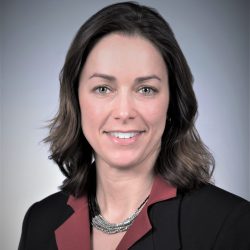
Keri Jacobs, PhD
Keri Jacobs, PhD
Profile
Dr. Keri L. Jacobs is associate professor of agriculture and applied economics in the Division of Applied Social Sciences. She holds the MFA Chair in Agribusiness and is Fellow of the Graduate Institute of Cooperative Leadership. Keri’s passion is to elevate cooperatives’ success and prominence by addressing the unique needs of agricultural cooperatives nationally. Her outreach focuses on governance and financial development of directors, employees, and cooperative members, and her research considers producers’ supply chain opportunities and the causes and consequences of ag consolidation.
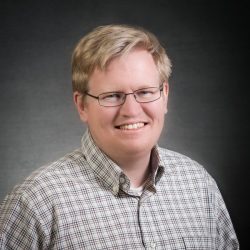
Gavin King, PhD
Gavin King, PhD
Profile
Gavin’s research interests lay at the intersection of condensed matter physics, molecular biology, and nanotechnology. During his graduate research, he developed some of the first nanopore sequencing devices as well as ice lithography, a novel nanofabrication method. He carried out postdoctoral research at JILA/National Institute of Standards and Technology where he spearheaded a project to develop high precision atomic force microscopy apparatus. His laboratory at MU focuses on central problems in membrane biophysics, developing and applying state-of-the-art single molecule biophysics technology.
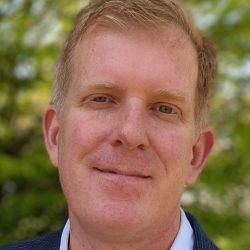
David Kline, PhD
David Kline, PhD
Profile
Our laboratory focuses on the cardiovascular and respiratory systems. These vital systems operate to keep our bodies within “normal” physiological limits to preserve homeostasis. When challenged with low environmental oxygen (hypoxia) levels respiration, blood pressure and heart rate compensate to maintain arterial blood gas levels. This can happen during high altitude assent or disease states such as sleep apnea. Long term hypoxic challenges result not only in physiological changes but also gene changes. Determining these mechanisms during health and disease is the focus of the laboratory.
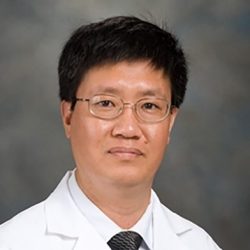
De-Pei Li, MD, MSc
De-Pei Li, MD, MSc
Profile
The research interests of my laboratory focus on neural mechanisms involved in cardiovascular diseases and chronic stress. Identifying cellular and synaptic mechanisms involved in cardiovascular diseases and chronic stress-related neurological disorders are critical for developing novel therapeutics to treat these diseases. The ongoing projects in the lab are to explore the role of neuroendocrine dysfunction in hypertension and other brain disorders. We use multiple experimental approaches including electrophysiology, molecular biology, and transgenics in the research projects.
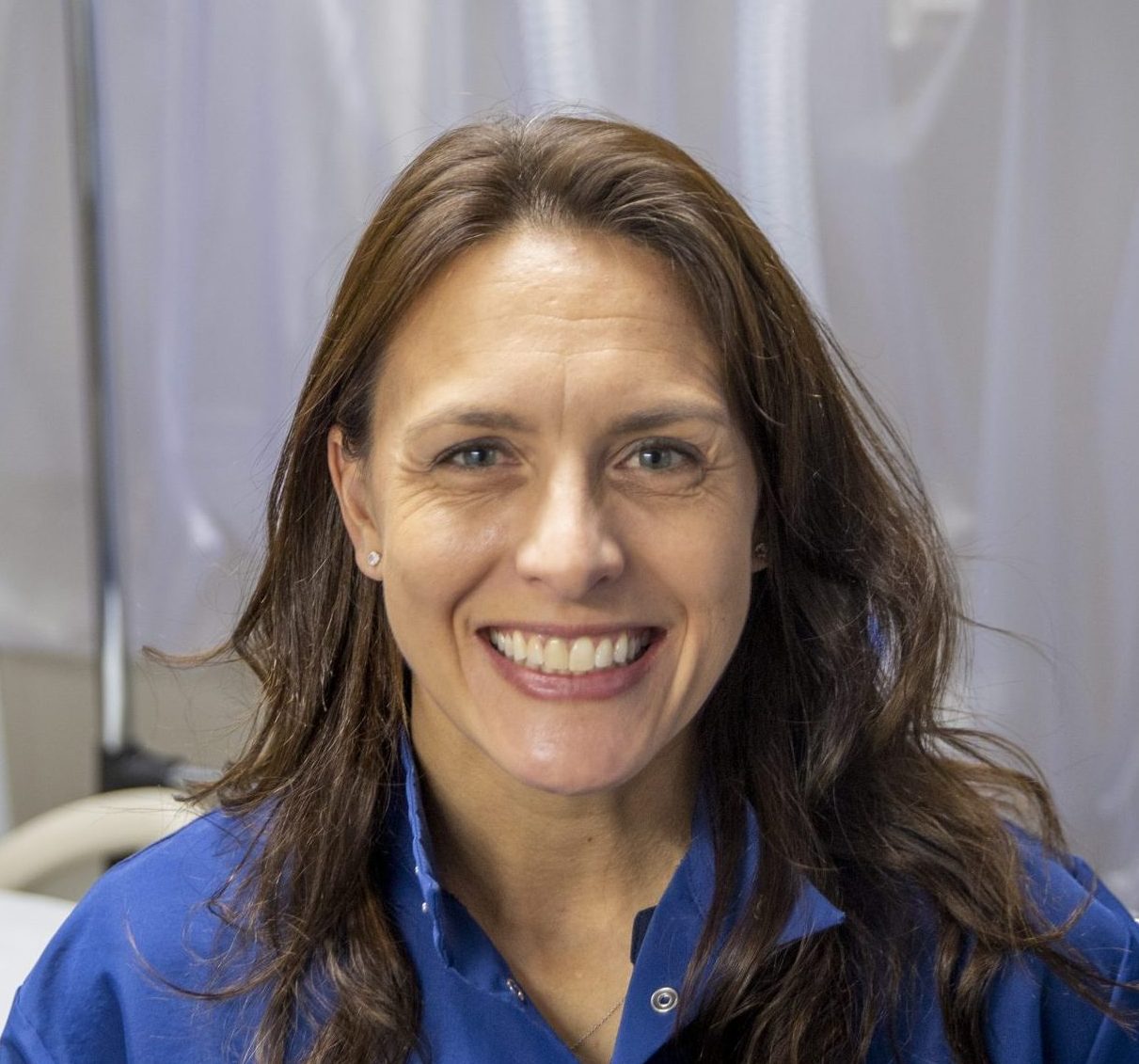
Jacqueline Limberg, PhD
Jacqueline Limberg, PhD
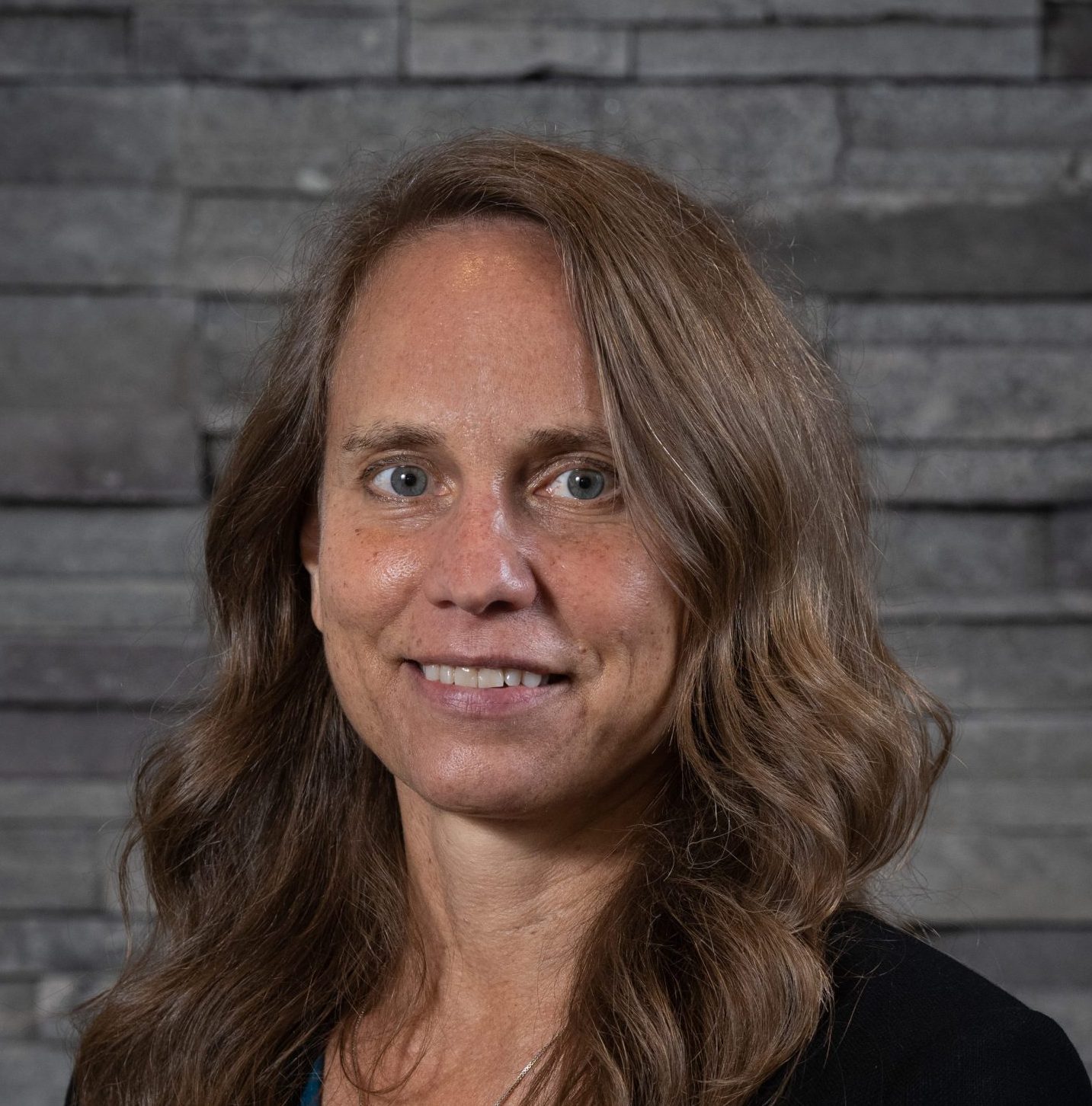
Sarah Lovell, PhD
Initial Mentor
Sarah Lovell, PhD
Initial Mentor
Profile
Here is a brief bio: Sarah’s research focuses on the analysis and design of sustainable, multifunctional landscapes that have the potential to improve ecosystem functioning and the provision of ecosystem services. As the director of the Center for Agroforestry, she leads a multidisciplinary team in studying the benefits of integrating trees into agricultural landscapes. A recent focus of research is on the human health benefits of nutrient-dense berries and heart-healthy nuts that can be produced from agroforestry systems.

Camila Manrique, MD
Camila Manrique, MD
Profile
Dr. Camila Manrique Acevedo is an Associate Professor with tenure in the Division of Endocrinology at the University of Missouri. She is the Faculty Director for Research Operations in the Medicine Department and the Chief of Endocrinology at the Harry S Truman VA Hospital.
Dr. Manrique Acevedo research program focuses on addressing sex-related inequities in cardiovascular disease and on the mechanisms responsible for the increased incidence of cardiovascular disease in insulin resistance subjects. Her laboratory performs state-of-the-art vascular and metabolic studies in both type 2 diabetic subjects and in relevant translational animal models of obesity and insulin resistance.
Dr. Manrique Acevedo has experience leading human subjects research projects. She is a principal investigator and co-investigator in federally funded trials (NIH and Veterans’ Administration) enrolling populations that range from healthy adults to patients with obesity, type 2 diabetes and cardiovascular disease.
Dr. Manrique Acevedo completed medical school at the National University in Bogota -Colombia, Internal Medicine residency and endocrinology fellowship at University of Missouri-Columbia.
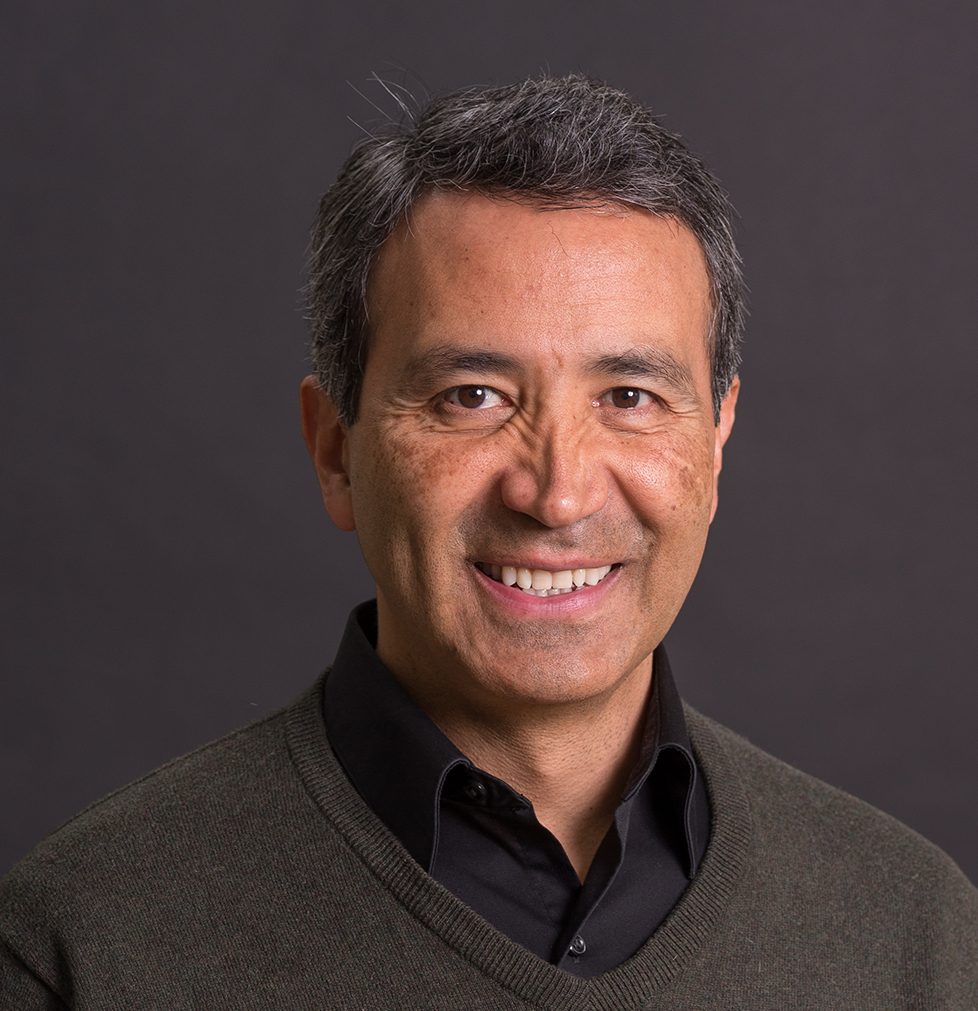
Luis Martinez-Lemus, DVM, PhD
Luis Martinez-Lemus, DVM, PhD
Dr. Martinez-Lemus is a Professor of Medical Pharmacology and Physiology. His research interest is focused on deciphering the mechanisms that control the structural and mechanical characteristics of blood vessels. Currently, research efforts in his laboratory have an emphasis on the roles that the endothelial and vascular smooth muscle cytoskeleton and glycocalyx play on the arterial stiffening associated with diabetes, hypertension, and aging. The main goal of the Martinez-Lemus laboratory is to find targetable molecules and mechanisms to therapeutically reduce the burden of vascular disease. Major approaches in the Martinez-Lemus laboratory include the use of cell culture, isolated organs, animal models, and human subjects in conjunction with techniques such as atomic force, confocal and multiphoton microscopy, ultrasound imaging, pressure myography, plasmon surface resonance, and image processing to interrogate pathophysiological processes from the molecular level to preclinical implementations.

Matt Maschmann, PhD
Now accepting applications!
Matt Maschmann, PhD
Now accepting applications!
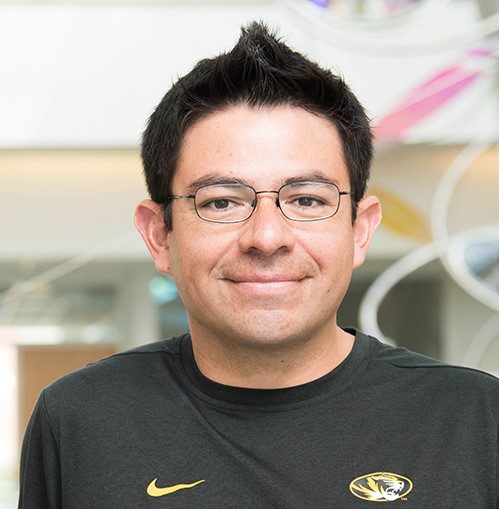
David G. Mendoza Cozatl, PhD
David G. Mendoza Cozatl, PhD
David G. Mendoza-Cózatl is an Associate Professor of Plant Stress Biology at the University of Missouri, Columbia, USA. He received his PhD in Biochemistry from the Universidad Nacional Autónoma de Mexico and completed a PEW postdoctoral fellowship at UC San Diego. His research focuses on understanding how plants acquire nutrients from the environment and allocate them throughout the plant, and this includes nutrient sensing and the molecular mechanisms behind plant adaptation to changing levels of nutrients. Understanding these mechanisms is critical to achieving food security and sustainable agriculture.
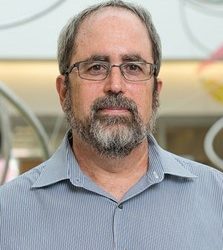
Ron Mittler, PhD
Ron Mittler, PhD
Profile
Ron Mittler is a Professor in the Division of Plant Sciences and Technology and in the Department of Surgery, and a Bond Life Sciences Center Investigator, at the University of Missouri, Columbia. He received his Ph.D. in Biochemistry at Rutgers University. His research is focused on reactive oxygen species metabolism and signaling in plant and animal cells, systemic responses of plants to stress, cancer biology, and stress combination.

Jaume Padilla, PhD
Jaume Padilla, PhD
Profile
Dr. Padilla is an associate professor in the Department of Nutrition and Exercise Physiology and resident investigator at the Roy Blunt NextGen Precision Health Building. His research program focuses on understanding the mechanisms of vascular endothelial dysfunction in obesity, insulin resistance and type 2 diabetes, as well as the impact of physical (in)activity. His federally funded research studies incorporate biochemical and molecular techniques, in vitro cell and tissue culture models, in vivo studies in genetic mouse models and large animals, and clinical studies in human participants.
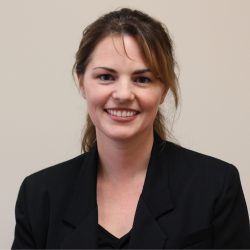
Wendy Reinke, PhD
Wendy Reinke, PhD
Profile
Wendy M. Reinke, Ph.D. is a Curators Distinguished Professor in School Psychology and co-director of the Missouri Prevention Science Institute. Her primary area of research is in the prevention of disruptive behavior problems in children, teacher consultation, and school mental health. She is the director of the National Center for Rural School Mental Health funded by the U.S. Department of Education.

Hani Salim, PhD
Now accepting applications!
Hani Salim, PhD
Now accepting applications!
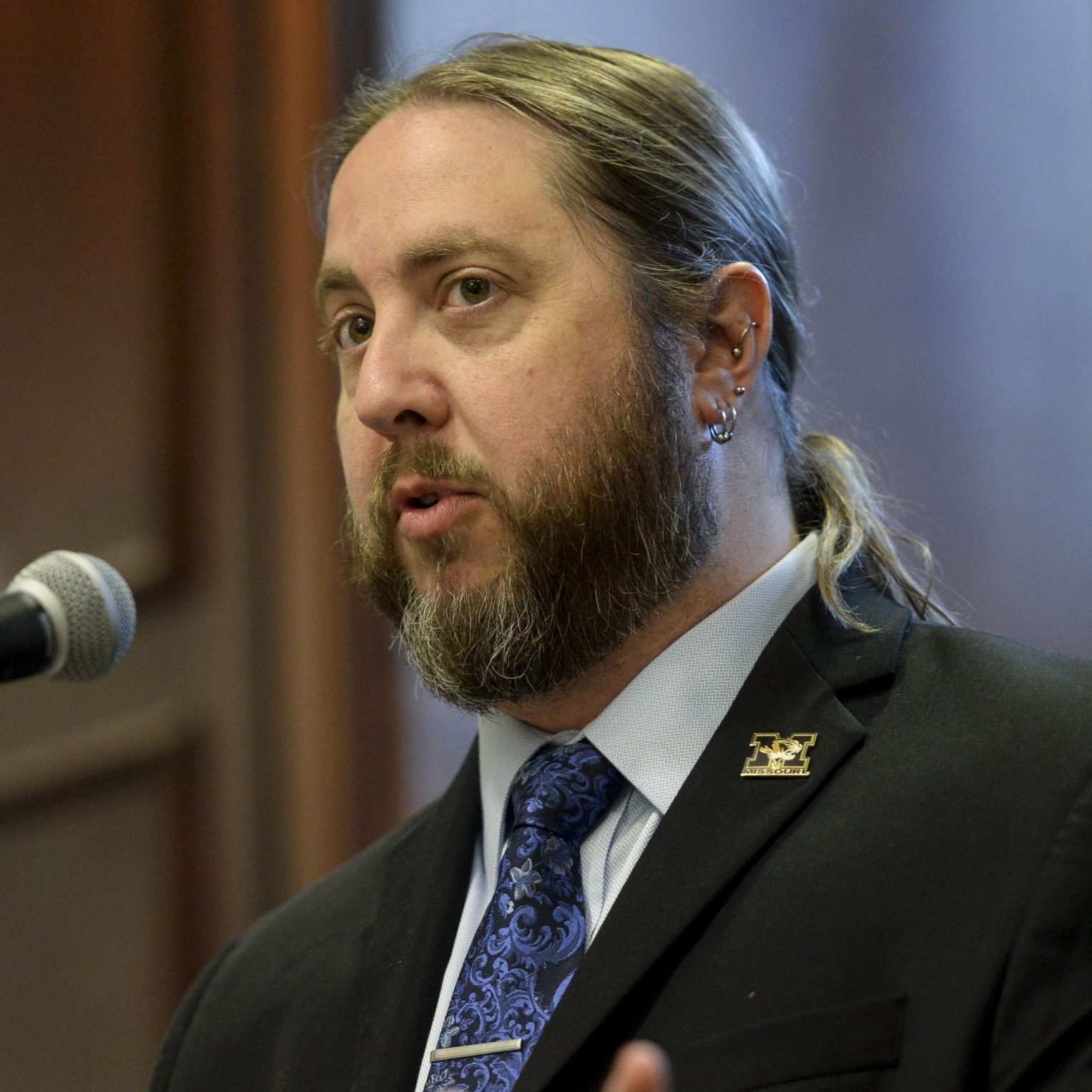
James Schiffbauer, PhD
James Schiffbauer, PhD
From his academic training in both biology and geology, Jim’s research focuses on how accurately the history of life can be interpreted from the fossil record. He specifically emphasizes the origin of complex animals and the appearance of shelly materials at the end of the Ediacaran Period, ~540 million years ago.

Robert Schnabel, PhD
Now accepting applications!
Robert Schnabel, PhD
Now accepting applications!
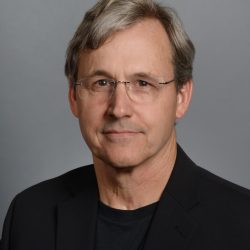
Arthur Suits, PhD
Arthur Suits, PhD
Profile
Arthur G. Suits obtained his PhD in 1991 with Nobel laureate Yuan T. Lee at Berkeley. He has held positions at Lawrence Berkeley and Brookhaven National Laboratories and faculty positions at Stony Brook and Wayne State. He is now Curators’ Distinguished Professor of Chemistry at the University of Missouri. He is a Fellow of the American Physical Society and the American Association for the Advancement of Science. He has devoted his career to studying the detailed dynamics of elementary chemical reactions.
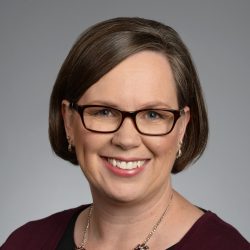
Delinda van Garderen, PhD
Delinda van Garderen, PhD
Profile
Delinda van Garderen, PhD, is a Professor of special education. She is currently the chair in the Department of Special Education at the University of Missouri. She received her Ph.D. at the University of Miami. Her research interests focus on students with learning disabilities, struggling learners, and teacher practice and development in the content areas of mathematics and science.
Meet our REP Postdocs!
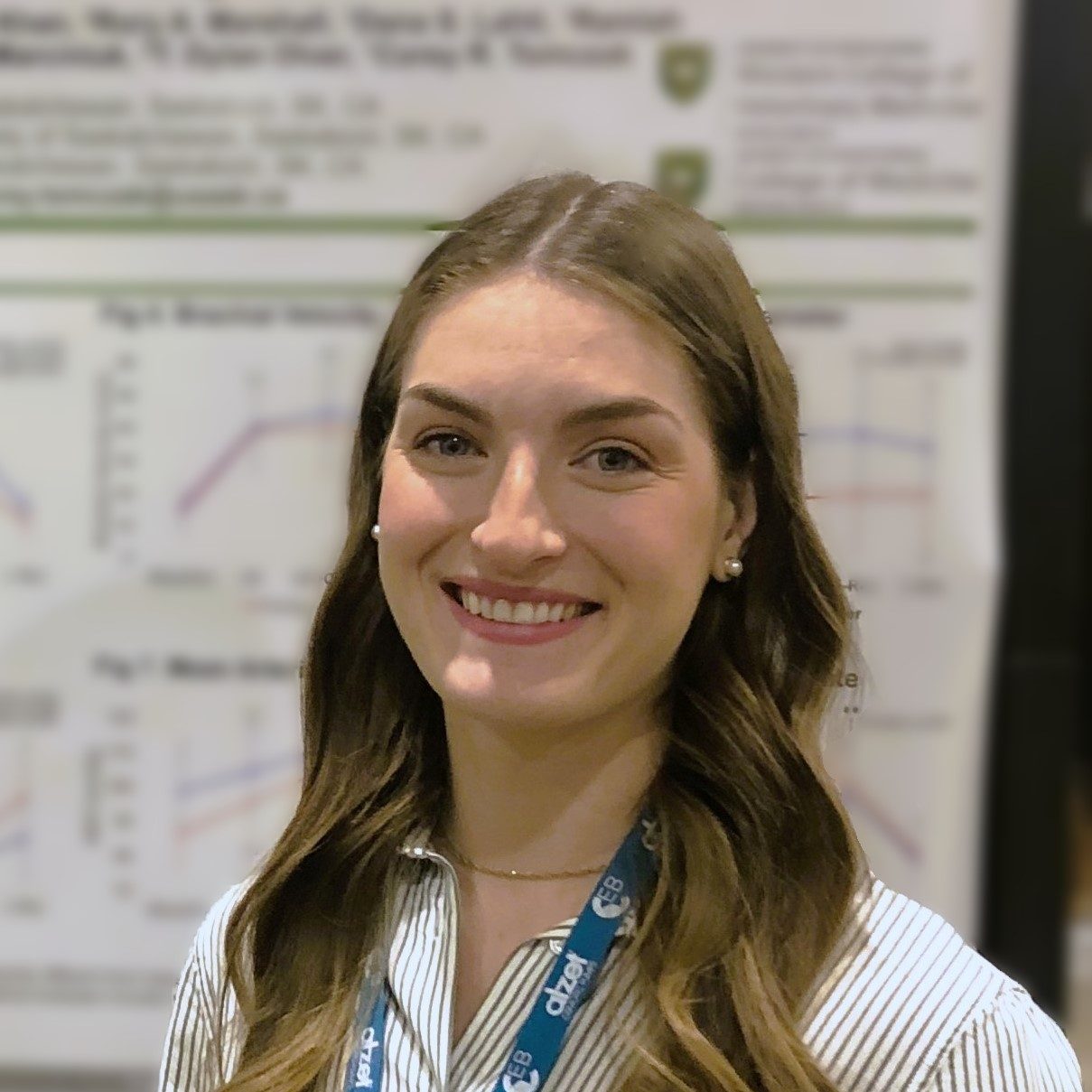
Natasha Boyes, PhD
Nutrition Exercise Physiology
Natasha Boyes, PhD
Nutrition Exercise Physiology
REP 2023-2025
PhD, University of Saskatchewan
Mentored By: Jacqueline Limberg, PhD
Natasha’s research focuses on sex-specific integrative cardiovascular physiology and mechanisms of cardiovascular disease in humans. In her PhD, Natasha studied the effects of elevated sympathetic activation on heart function and peripheral blood flow regulation during exercise in patients with heart failure. Natasha is currently working on understanding the respective roles of sex and obesity on neural control of the circulation during hypoxia in humans. She is also investigating the impact of menopause and perimenopause on neural control of the circulation during hypoxia and has a particular interest in the role of the vascular beta-adrenergic receptors.
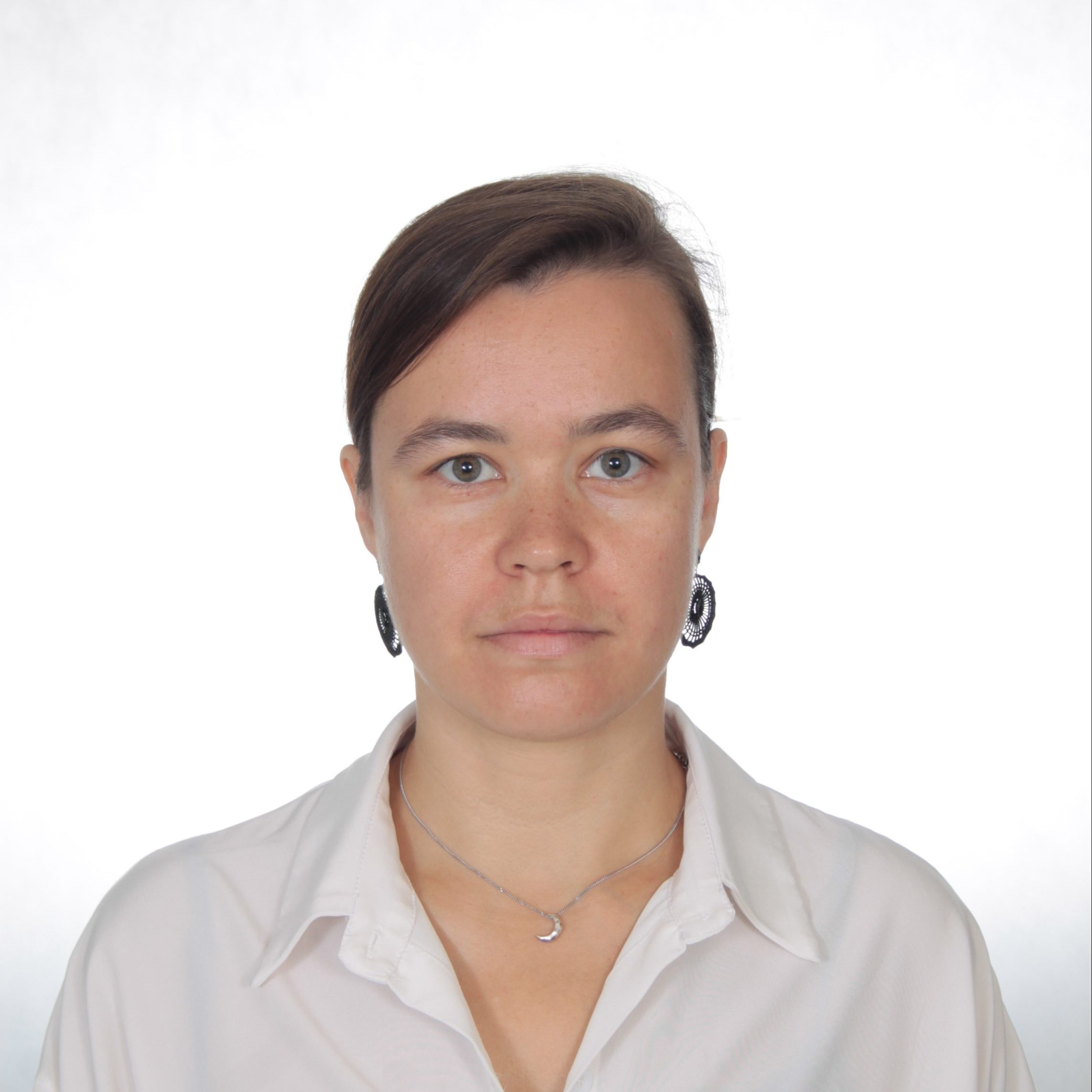
Natalia Bykova, PhD
Geological Sciences
Natalia Bykova, PhD
Geological Sciences
REP 2024-26
PhD, Virginia Tech
Mentored By: James Schiffbauer, PhD
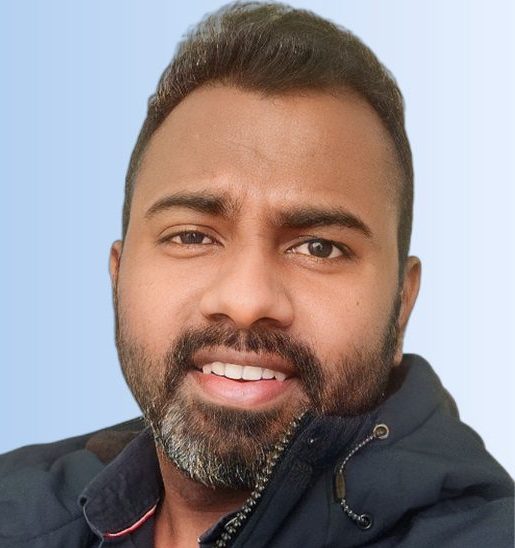
Nagarajan Manikandan, PhD
Medical Pharmacology and Physiology
Nagarajan Manikandan, PhD
Medical Pharmacology and Physiology
REP 2024-2026
PhD, Bharathiar University, India
Mentored By: Luis Martinez-Lemus, DVM, PhD
Nagarajan Manikandan is specializing in the intricate mechanisms governing the characteristics and function of blood vessels in the context of cardiovascular and metabolic diseases. His research utilizes animal models, isolated vessels, and cultured cells to uncover the underlying mechanisms that influence vascular characteristics. He employs a multidisciplinary approach, integrating cutting-edge techniques such as Ultrasound Imaging, Confocal/Multiphoton Microscopy, Immunohistochemistry, Western blotting, Proteomics. His work is at the forefront of vascular research, aiming to elucidate the complex biological processes that contribute to the development and progression of cardiovascular and metabolic diseases.
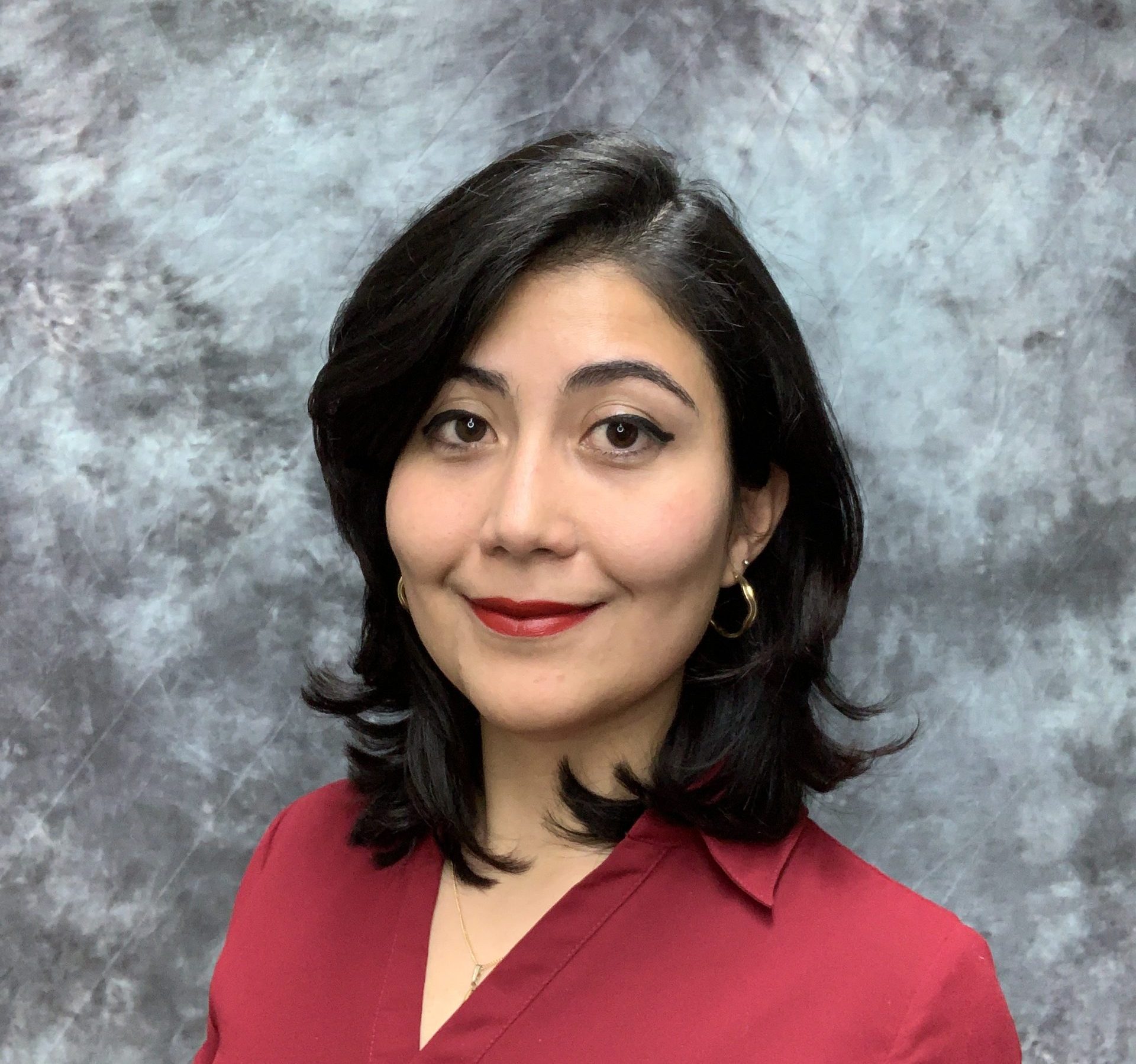
Darling Melany De Carvalho Madrid, PhD
Animal Sciences
Darling Melany De Carvalho Madrid, PhD
Animal Sciences
REP 2023-2025
PhD, University of Missouri
Mentored By: John Driver, PhD
Melany is a researcher with a PhD in Animal Sciences from the University of Missouri. Her main research interests lie in the field of infectious diseases and host-pathogen interactions. Using a range of cutting-edge techniques in molecular and cellular biology, as well as next-generation sequencing technology, Melany investigates the role of innate-like cell types in immune modulation, vaccine protection and disease progression. She also has experience using genetically edited large animal models to gain deeper understanding of the mechanisms underlying infectious diseases.
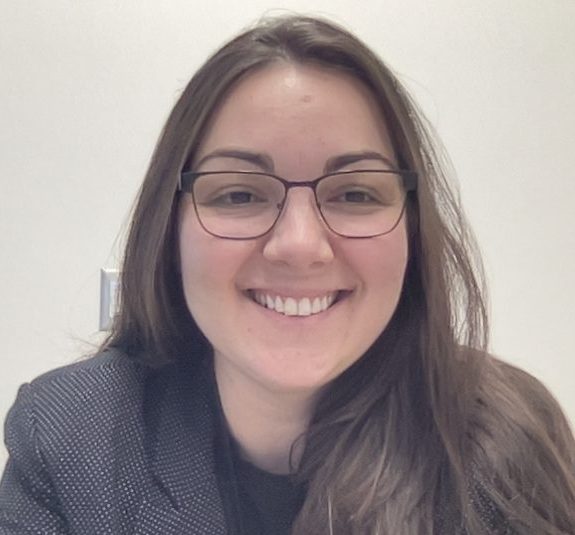
Larissa Ferreira Dos Santos, PhD
Department of Medicine
Larissa Ferreira Dos Santos, PhD
Department of Medicine
REP 2022-2024
PhD, University of São Paulo, Brazil
Mentored By: Jaume Padilla, PhD
Larissa´s research interests include understanding the mechanisms of vascular endothelial dysfunction and determining the functional characteristics of cells within blood vessels affected by conditions such as diabetes, hypertension, and aging. She works at the Roy Blut NextGen Precision Health Building with biochemical and molecular techniques, in vitro cell and tissue culture models, animal models, and clinical studies in human participants. She is also interested in physical exercise as a non-pharmacological intervention to treat and prevent cardiovascular risk factors and subsequently cardiovascular diseases.
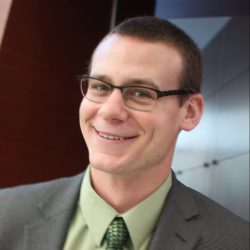
Casey Foley, PhD
Chemistry
Casey Foley, PhD
Chemistry
REP 2022-2024
PhD, University of Missouri
Mentored By: Arthur G. Suits, PhD
Casey is a physical chemist returning to the University of Missouri to research fundamentals of molecular scattering dynamics. He works in the Department of Chemistry with multiple instruments that utilize molecular beams, time-of-flight mass spectrometry, and lasers to perform spectroscopy and untangle dissociation and collision dynamics of chemical reactions. His research interests include understanding plasma formation in hypersonic systems using novel electron-ion coincidence imaging methods. He is also interested in studying hydrogen atom reactions with alkanes to experimentally probe reaction dynamics which may be primary chain reaction drivers under oxygen-deficient or pyrolytic conditions.
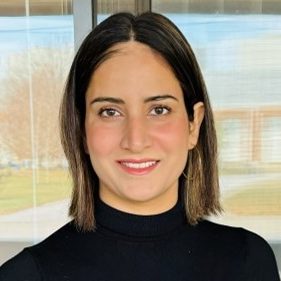
Mandeep Kaur Jauhal, PhD
Plant Sciences and Technology
Mandeep Kaur Jauhal, PhD
Plant Sciences and Technology
REP 2023-2025
Panjab University, India
Mentored By: David Mendoza Cozatl, PhD
Mandeep is a researcher with PhD in Plant Biotechnoloy from Panjab University. Her major research interest lies in the area of plant molecular and functional genetics. She aims to unfold important mechanisms regulating mineral homeostasis in plants using a range of cutting-edge molecular and biochemical techniques. She also has an experience in plant tissue culture and metabolic engineering of biochemical pathways for nutritional improvement of crop plants. Mandeep is excited to undertake research combining transcriptomics and proteomics to unravel the molecular mechanisms by which plants sense and respond to changes in the concentration of essential metals such as iron (Fe) and (Zn).
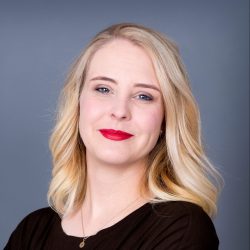
Isa Kupke, PhD
School of Natural Resources
Isa Kupke, PhD
School of Natural Resources
REP 2022-2024
University of Pretoria, South Africa
Mentored By: Chung-Ho Lin, PhD
Isa Kupke (Née Lambrechts) completed her PhD in Medicinal Plant Science at the University of Pretoria in South Africa. Her research focused on indigenous South African plants for their medicinal value regarding antibiotic resistance of bacteria associated with acne vulgaris, wounds, and prosthetic implant-associated infections. She has a passion for traditional medicine and transforming traditional knowledge into products that could support the traditional knowledge holders of these invaluable resources.
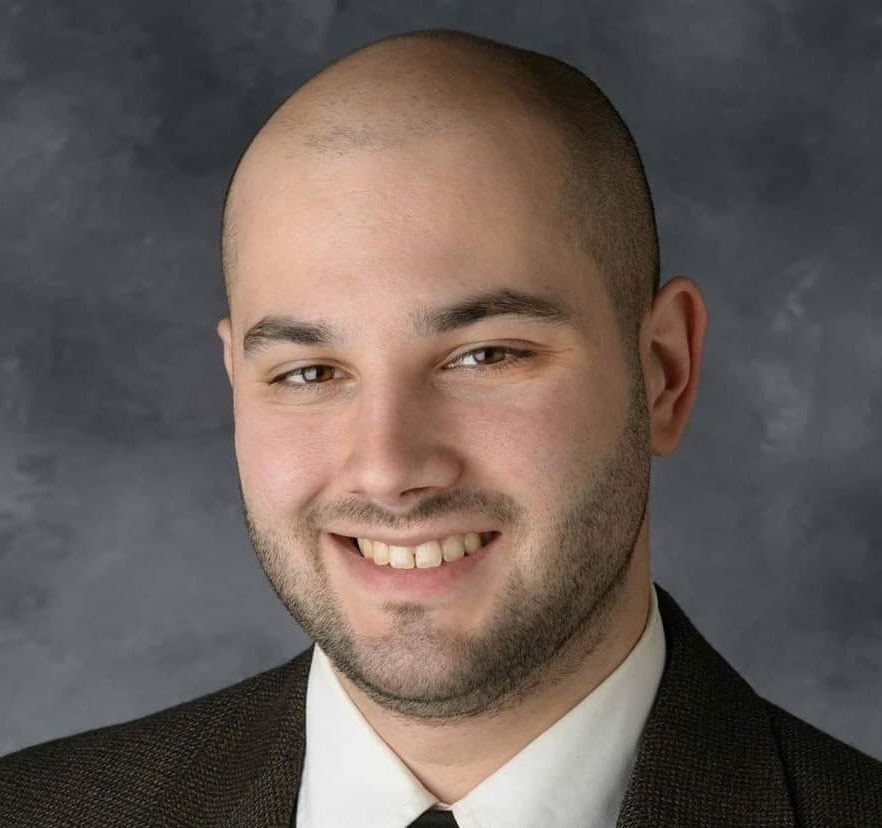
Austin Landini, PhD
Division of Applied Social Sciences
Austin Landini, PhD
Division of Applied Social Sciences
REP 2023-2025
PhD, Colorado State University
Mentored By: Keri Jacobs, PhD
Austin Landini is a postdoctoral research fellow from Iowa City, Iowa. He completed his Ph.D. in Economics at Colorado State University in 2022. His research interests include Regional Economics, Geospatial Analysis, Behavioral Analysis, Demographics and Migration. As part of the REP program, Austin is excited to undertake research on economic analysis of regenerative perennial groundcover crops.

Longbo Li, PhD
Molecular Imaging Theranostic Center
Longbo Li, PhD
Molecular Imaging Theranostic Center
REP 2022-2024
University of California, Santa Cruz
Mentored By: Carolyn Anderson, PhD
Longbo Li was a postdoctoral scholar in the Department of Chemistry at the University of Pennsylvania from Jan 2021 to Jun 2022 working with Prof. Gary A. Molander developing visible light-mediated synthetic methods for DNA-encoded libraries and difunctionalization of [1,1,1]propellane. She earned a Ph.D. in Chemistry at University of California, Santa Cruz in 2020 under the supervision of Prof Rebecca Braslau working on internal plasticization of poly(vinyl chloride) to minimize leaching of toxic plasticizers. She is interested in combining her background in organic synthesis, DNA-encoded library technology, and polymer chemistry for developing new radiopharmaceuticals for diagnosis and treatment of human cancers.
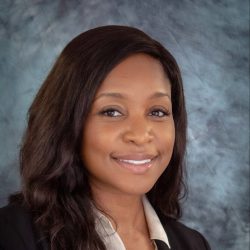
Nikita Mc Cree, PhD
Educational, School, and Counseling Psychology
Nikita Mc Cree, PhD
Educational, School, and Counseling Psychology
REP 2022-2024
PhD, University of Missouri
Mentored By: Wendy Reinke, PhD
Nikita Mc Cree is an international scholar and educator from the island of Trinidad and Tobago. She is currently attending the University of Missouri, Columbia where she is in the final semester of her Ph.D. program in Special Education with an emphasis in Behavior Disorders. Her research interests center on improving the academic and behavioral outcomes for students with emotional behavior disorders, Teacher preparation and Culturally Responsive Pedagogy.
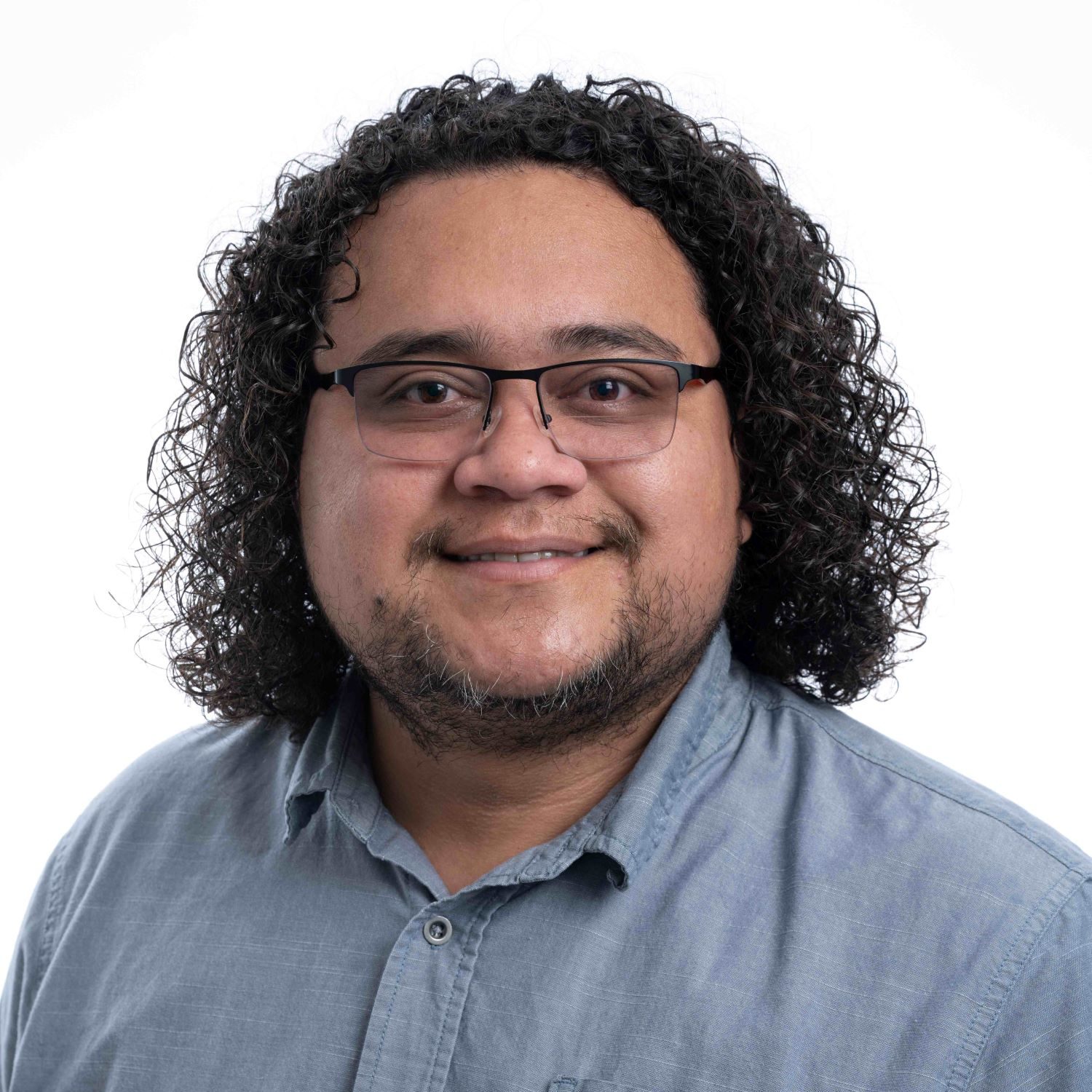
Jose Costa Netto
Plant Science and Technology
Jose Costa Netto
Plant Science and Technology
REP 2024-2026
PhD, University of Missouri
Mentored By: Felix Fritschi, PhD
He is an agronomist with degrees from the Federal Rural University of Amazon and a Ph.D. in Crop Physiology from the University of Missouri – Columbia. His research focuses on plant physiology and anatomy related to photosynthesis and gas exchange. Passionate about sustainable agriculture, he is interested in developing innovative tools to improve crop yield for the near future and likes to actively communicate scientific knowledge to stakeholders in the agriculture industry.
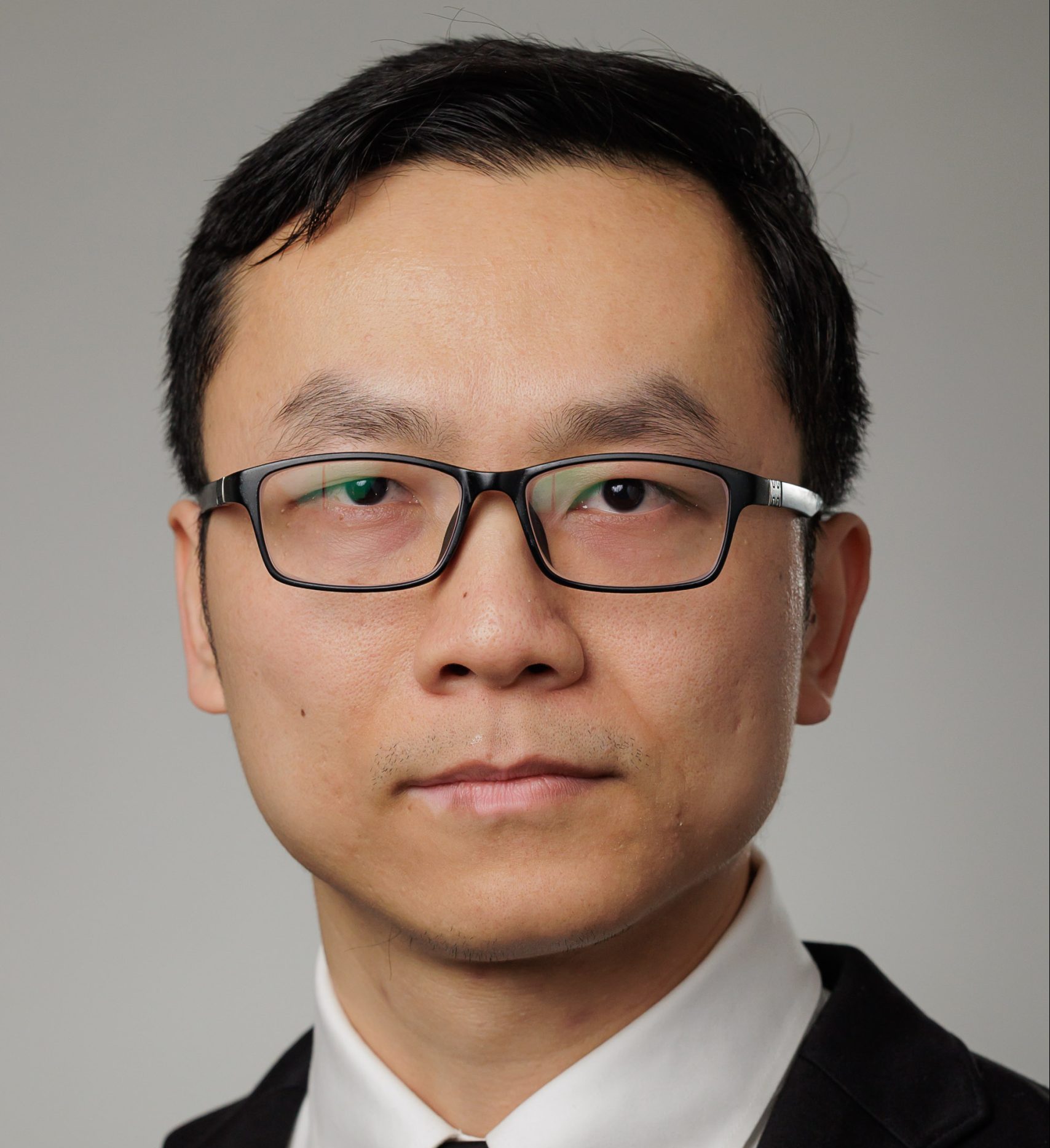
Pan Ni, PhD
Civil and Environmental Engineering
Pan Ni, PhD
Civil and Environmental Engineering
REP 2023-2025
PhD, Lehigh University
Mentored By: Baolin Deng, PhD
Pan recevied his PhD from Lehigh University (2016-2021) and worked as a visiting scholar, postdoctoral research associate (July 2021- April 2023) in Prof. John T. Fox’s research group and Prof. Derick G. Brown’s research group at Lehigh University before Joined Prof. Baolin Deng’s research group at University of Missouri. Current research interests include novel hybrid adsorbents development for highly selective removal of PFAS; lead contamination control and related health effects investigations for the mine waste management; scaling reduction in the brackish water desalination; adsorbents development for boron removal in seawater desalination; eco-impact of the antiscalants; solid waste reuse; VOCs removal and modeling; coating materials development for bio-surfactants enhanced soil bioremediation; surfactants enhanced bacteria transport in the unsaturated subsurface and modeling.
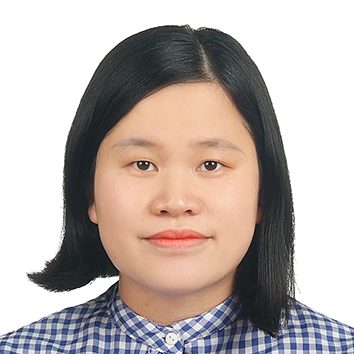
Hoa T. Pham
Surgery
Hoa T. Pham
Surgery
REP 2024-2026
PhD, Chungnam National University, South Korea
Mentored By: Shiyou Chen, DVM, PhD
Hoa T. Pham received her Ph.D. in Pharmaceutical Science at the Chungnam National university of Korea in 2021. Her research focuses on screening and studying the effect of natural compounds or medicine on vascular, and metabolic diseases. She is interested in using variety of molecular and cellular technology as well as animal models and human biopsies to develop novel gene-replacement therapy, find out small molecular compounds for therapeutic strategies to improve cardiovascular diseases and related diseases.

Cory Platts, PhD
Psychology
Cory Platts, PhD
Psychology
2024-2026
PhD, University of Rochester
Mentored By: Ashley Groh, PhD
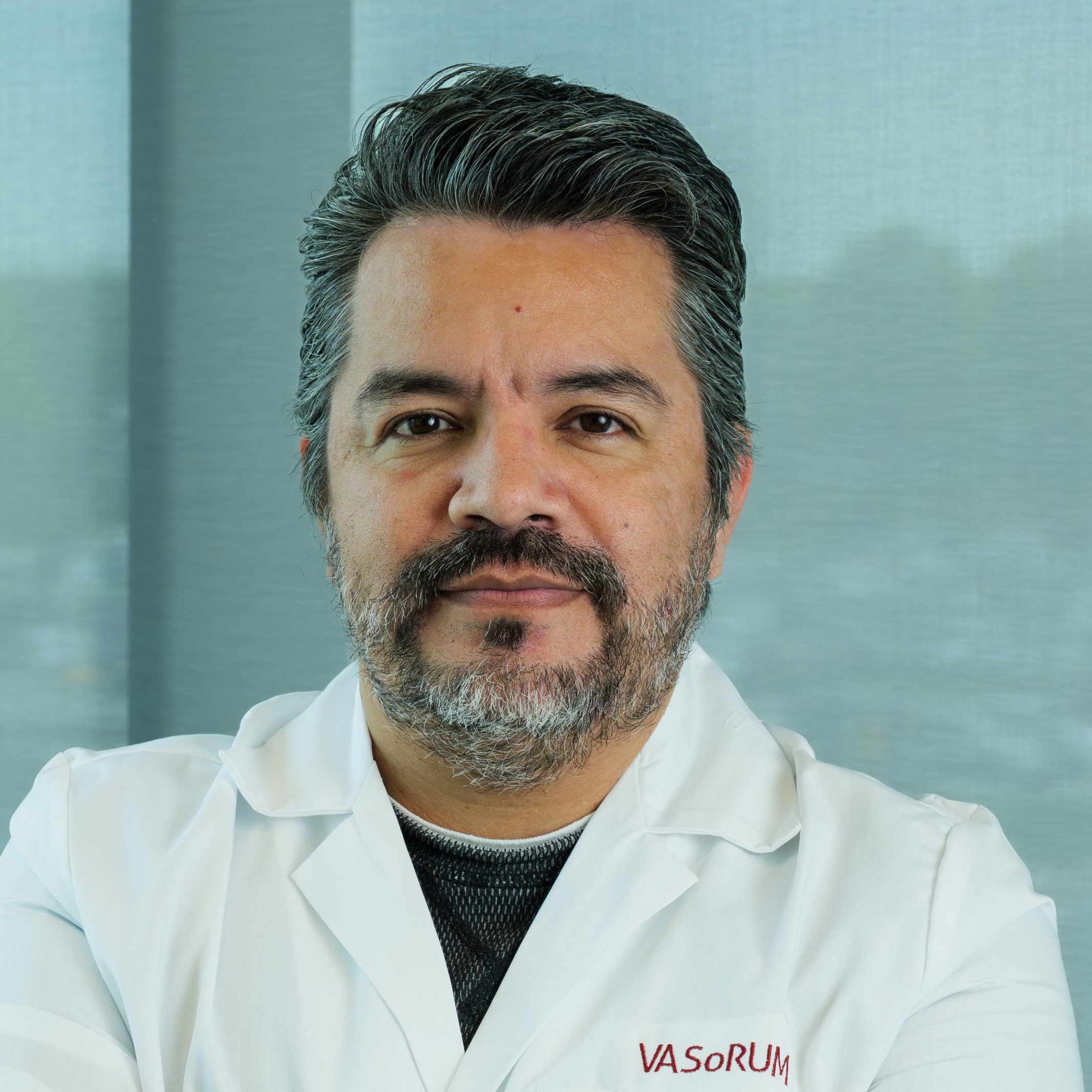
Francisco Ramirez-Perez, PhD
Department of Medicine
Francisco Ramirez-Perez, PhD
Department of Medicine
REP 2022-2024
PhD, University of Missouri
Mentored By: Camila Manrique, MD
I have a diverse interdisciplinary background, having obtained a B.S. in Engineering Physics, an M.S. in Physics, and a Ph.D. in Biological Engineering. My research interests converge at the intersection of biophysics, physiology, and engineering, exploring the intricate area of vascular biology and pathophysiology. In particular, I am interested in studying conditions such as diabetes and hypertension in the context of sex difference research. Currently, I am investigating how glycocalyx disruption leads to endothelial dysfunction, impaired flow-mediated dilation, and arterial stiffening, key factors in cardiovascular diseases. I am working to advance our understanding of the physiological and biophysical mechanisms that modulate the endothelial glycocalyx. This understanding is vital for the development of therapeutic strategies to improve cardiovascular outcomes.
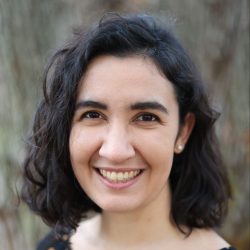
Katherine Schaefer, PhD
Physics and Astronomy
Katherine Schaefer, PhD
Physics and Astronomy
REP 2022-2024
PhD, University of Missouri
Mentored By: Gavin King, PhD
Katherine completed her PhD in physics at the University of Missouri. Her research interests are in single-molecule biophysics and precision measurement. Via a variety of methods, principally atomic force microscopy, she seeks to elucidate the cell-damaging mechanisms of pore-forming peptide toxins. In particular she is interested in the newly discovered fungal toxin candidalysin and potential routes of pharmaceutical intervention for fungal infections. Katherine is also interested in material science and using ice lithographic techniques to pattern nanostructures and biomaterials.
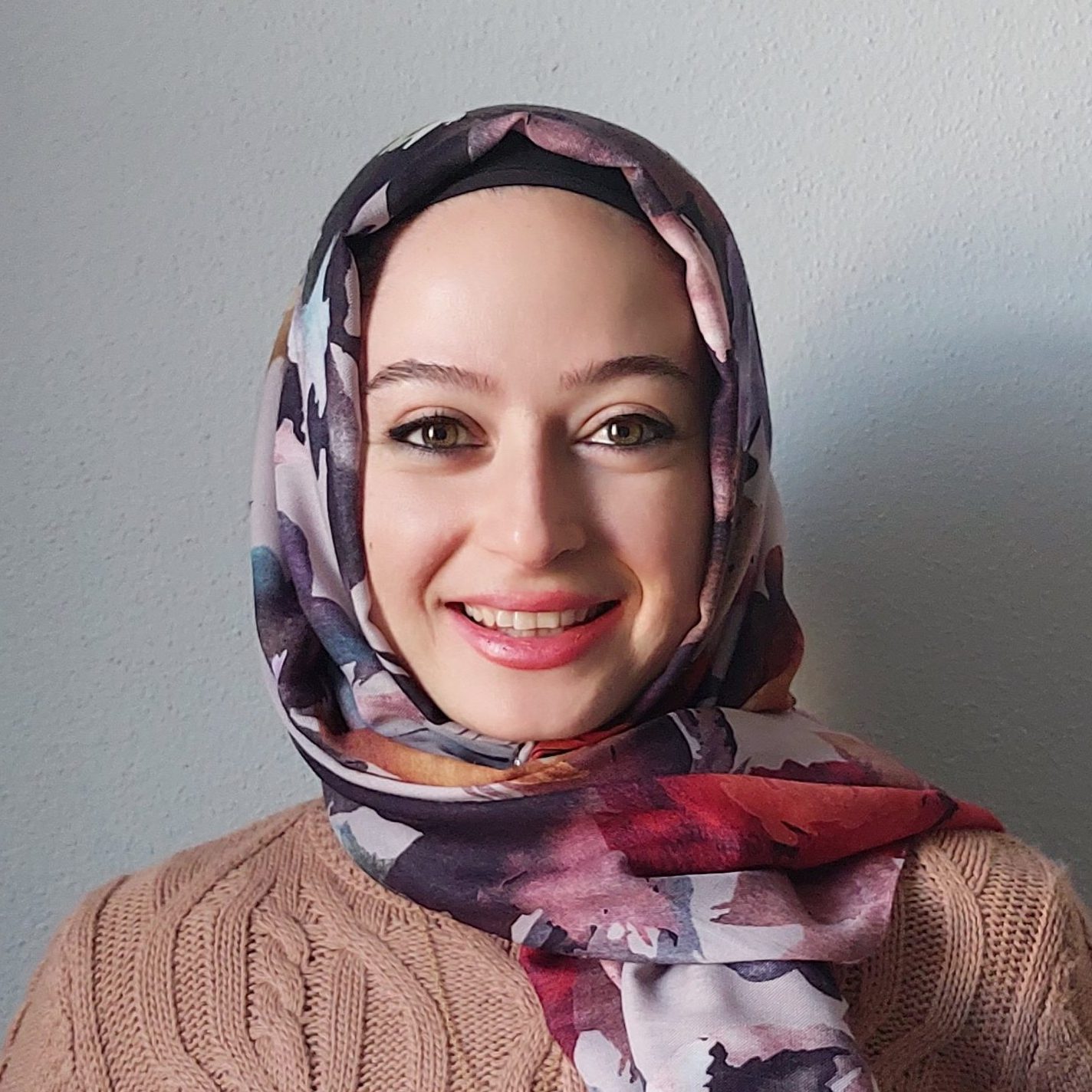
Emine Simsek, PhD
Psychological Sciences
Emine Simsek, PhD
Psychological Sciences
REP 2023-2025
PhD, Loughborough University
Mentored By: David Geary, PhD
Emine’s PhD [Loughborough University, 2016-2020] explored individual and classroom level factors (i.e. teacher knowledge and arithmetic practice in textbooks) influencing children’s understanding of mathematical equivalence. Then, she received a 12-month ESRC Postdoctoral Fellowship at Loughborough University to explore features of equivalence and word problems (e.g. position of the unknown, accompanying illustration) playing a role in problem difficulty. She also worked with Professor Camilla Gilmore in two longitudinal projects focusing on the role of executive functions or domain specific and domain general skills on mathematical achievement. Current research interests include knowledge and skills that support readiness for math learning at school entry and factors that contribute to the acquisition of this knowledge.
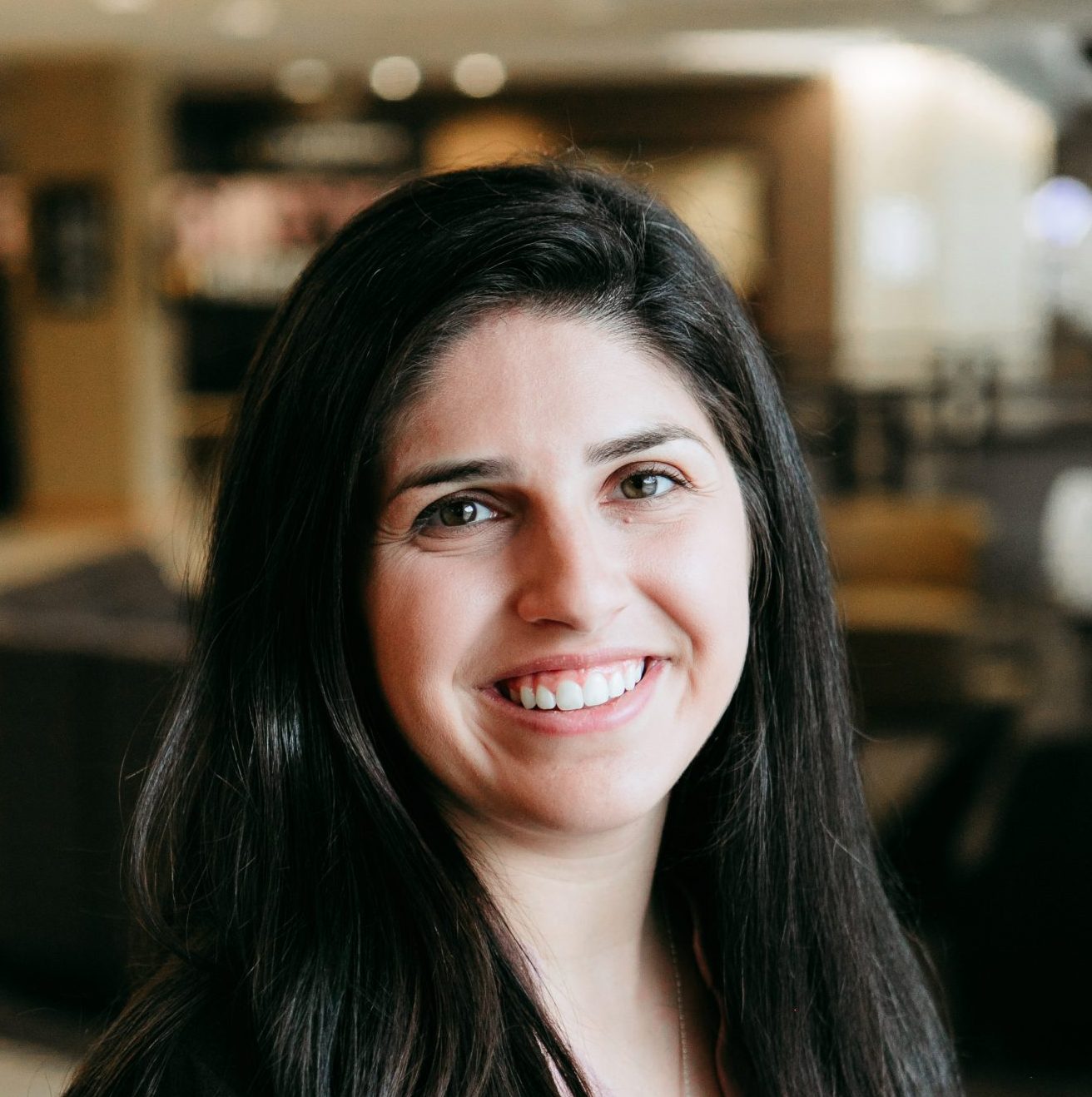
Cassandra Smith, PhD
Special Education
Cassandra Smith, PhD
Special Education
REP 2023-2025
PhD, University of Missouri
Mentored By: Delinda Van Garderen, PhD
Cassandra M. Smith completed her PhD in special education at the University of Missouri. Her research interests focus on identifying and disseminating effective mathematics instructional practices, interventions, and supports for secondary students with disabilities, specifically in the area of algebra.
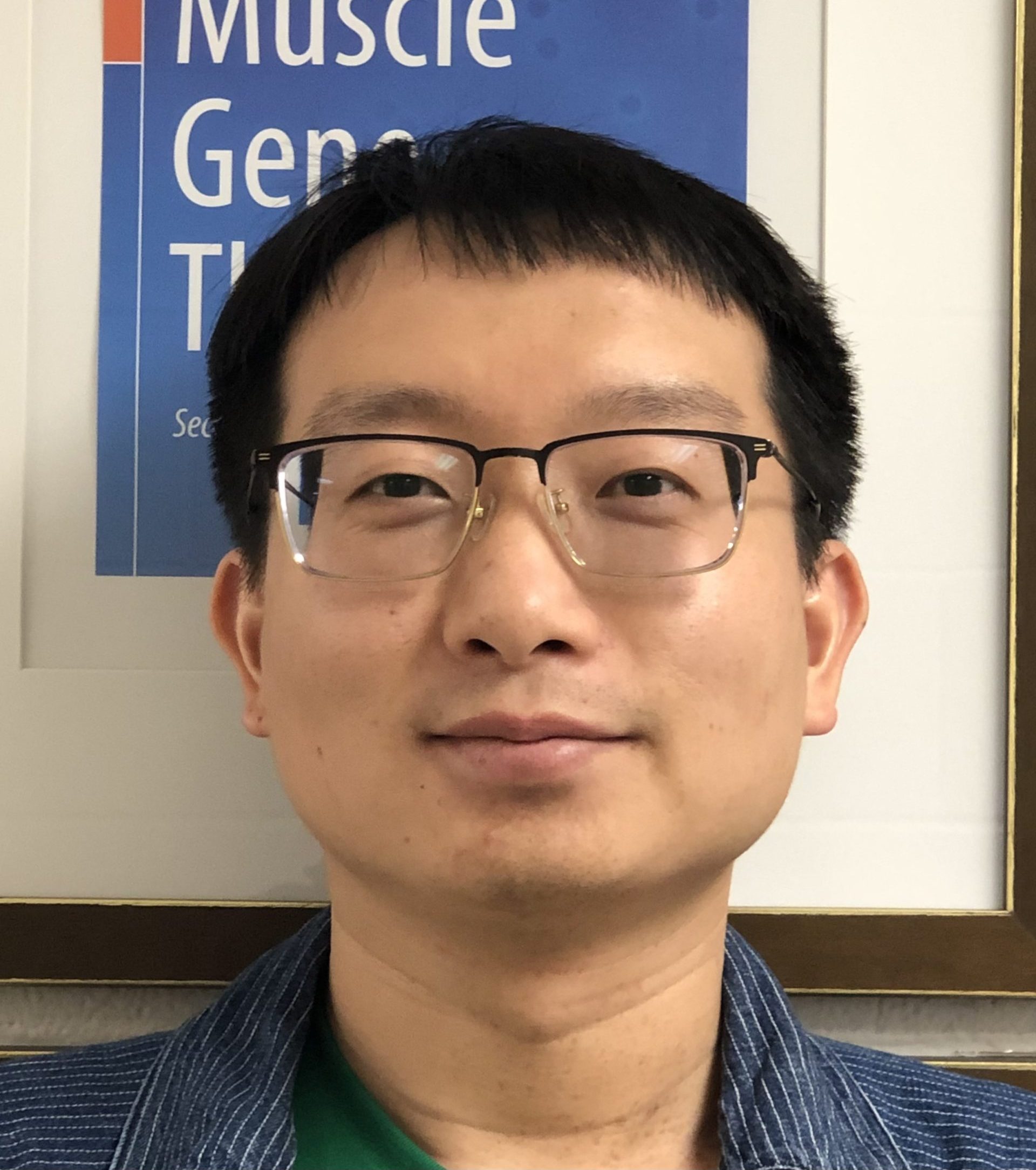
Dongxin Wang, PhD
Molec Microbiology & Immunology
Dongxin Wang, PhD
Molec Microbiology & Immunology
REP 2023-2025
PhD, University of Science and Technology of China
Mentored By: Dongsheng Duan, PhD
Dongxin Wang received his Ph.D. in Biomedical Engineering at the University of Science and Technology of China in 2022. His research focuses on gene therapies, especially using AAV vectors to treat Duchenne muscular dystrophy (DMD). His primary research interests include engineering novel gene therapy vectors, quantitative evaluation of the immune response in muscle gene therapy, genome editing, gene-replacement therapy, and the structure-function relationship of dystrophin in rodents and large mammals.
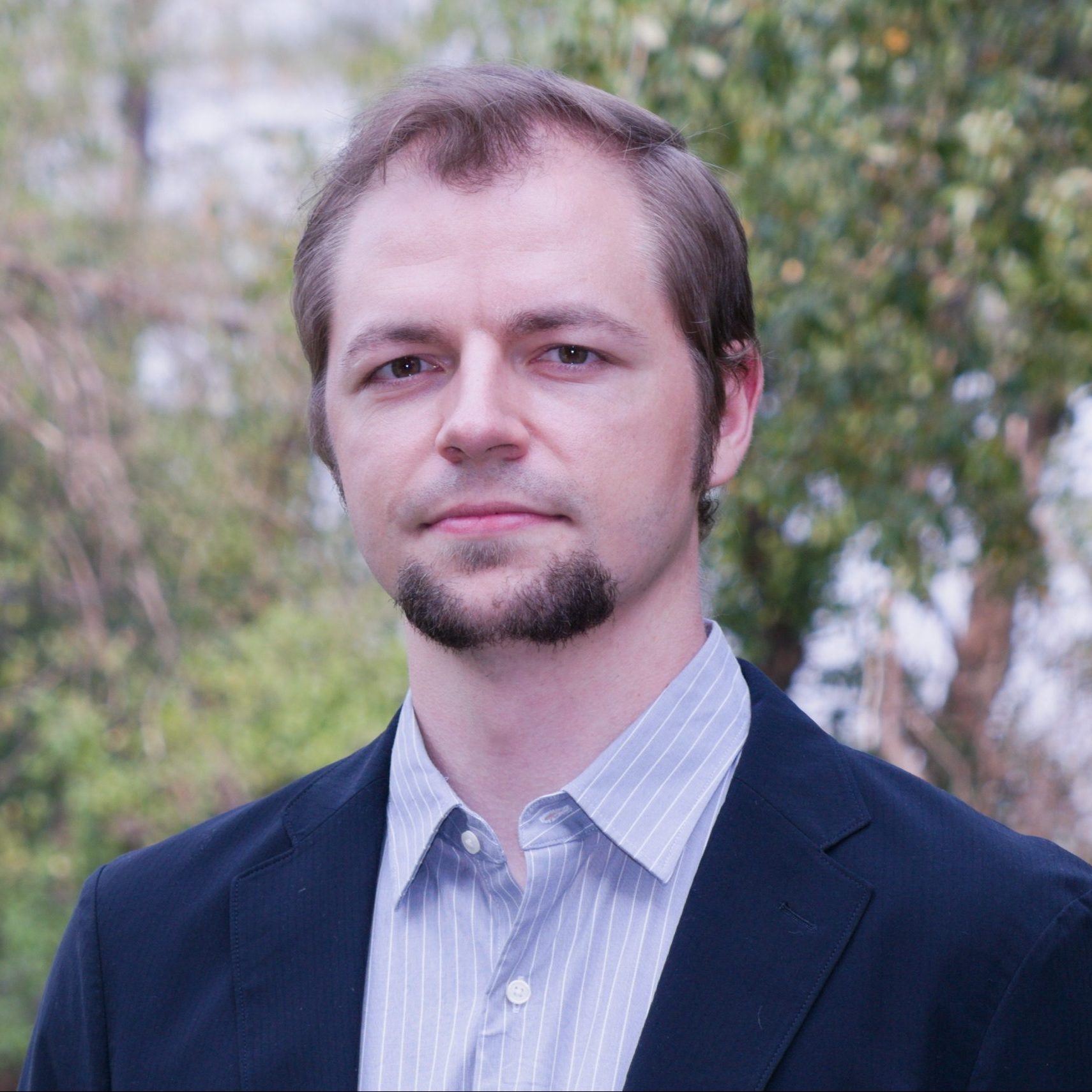
Hayden Wright, PhD
Biomedical Sciences
Hayden Wright, PhD
Biomedical Sciences
REP 2024-2026
PhD, Washington State University
Mentored By: David Kline, PhD
Hayden Wright completed his Ph.D. in Neuroscience at Washington State University in 2024, during which he investigated the endocannabinoid regulation of the lateral habenula, a brain region crucial for emotional and behavioral responses to stress. His research interests center on employing a multifaceted approach, incorporating fiber photometry, site-specific pharmacology, deep-learning behavioral classifiers, and ex vivo patch clamp electrophysiology, to elucidate how stress affects neurocircuits that govern physiology and behavior. Currently, his research focuses on examining the mechanisms through which exposure to hypoxic stress alters the modulation of cardiorespiratory function by the nucleus of the solitary tract.
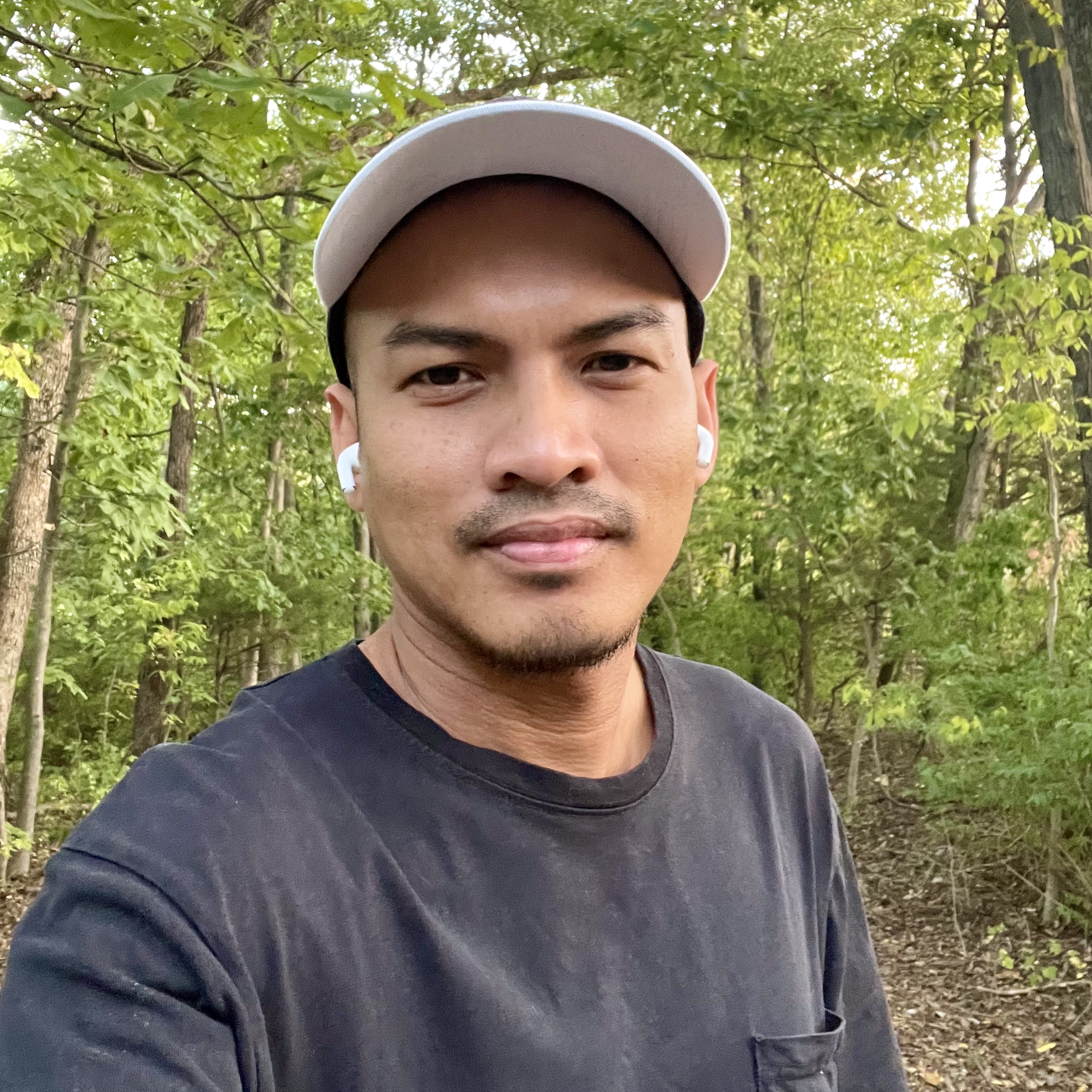
Rizaldy Zapata, PhD
Medicine-Cardiology
Rizaldy Zapata, PhD
Medicine-Cardiology
REP 2023-2025
DVM, University of Philippines; PhD, University of Calgary
Mentored By: De-Pei Li, MD
I am veterinarian scientist who focuses on understanding the vascular component of stroke. I am currently developing a model of stroke that would enable real-time monitoring of arterial blood clots by combining microsurgery and microscopy. This technique will eventually be used to evaluate compounds that could potentially serve as adjuvant for thrombolytic drugs.
